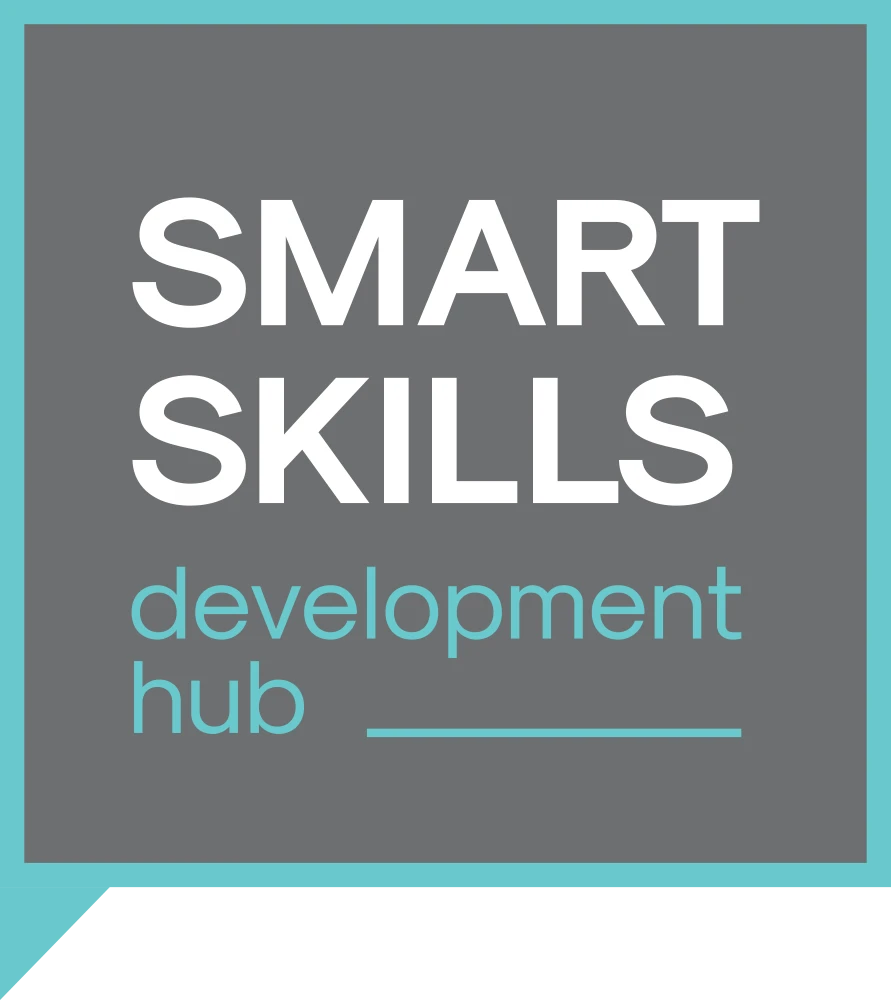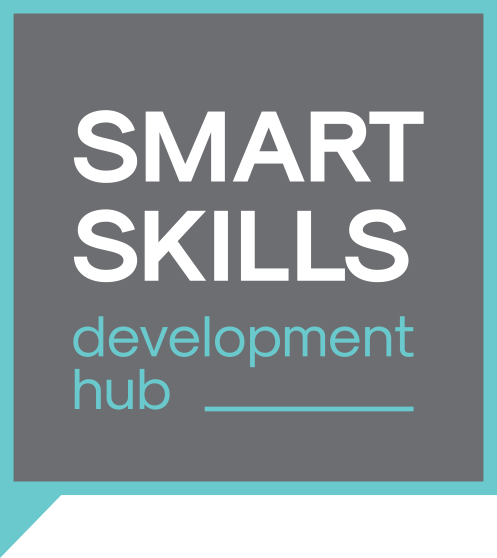


Building smart learning ecosystems
Developing Smart Skills for a more Sustainable and Digital Future.
core features

OUR MISSION
Creating innovative, sustainable and inclusive learning ecosystems.

OUR VISION
Empowering individuals with the skills for a sustainable, digital future.

OUR VALUES
Fostering lifelong learning for a just and sustainable future for all.

OUR COMMITMENT
Empowering Communities by Building Inclusive Learning Ecosystems

LIFELONG LEARNING
AND AI
Ethical Use of AI in Achieving Lifelong Learning Objectives

THE CONCEPT
OF SMART SKILLS
Sustainable, Multidimensional, Adaptable, Resilient and Transversal Skills


THE CONCEPT OF SMART SKILLS
What Are Smart Skills?

Why Choose us
Outstanding Digital Experience
Ad nec unum copiosae. Sea ex everti labores, ad option iuvaret qui. Id quo esse nusquam. Eam iriure diceret oporteat.

For startups and growing businesses, an online specialist can develop a digital marketing plan to help you grow.

Your digital consultant will also be able to kickstart campaigns and maximise your marketing budget.

Lorem ipsum dolor sit amet, vix an natum labitur eleif, mel amet laoreet prois menandri.

Search Engine
Optimization
Maecenas elementum sapien in metus placerat finibus.

Social Media
Strategy
Maecenas elementum sapien in metus placerat finibus.

Real Time and Data
Maecenas elementum sapien in metus placerat finibus.

Reporting & Analysis
Maecenas elementum sapien in metus placerat finibus.
10 SMART GREEN MICROSKILLS THAT CAN BE APPLIED DAILY
Reducing your ecological footprint requires integrating smart green practices into your daily routine. Here are 10 basic environmentally responsible decisions you can make every day:
1.
Switch to energy-efficient LED light bulbs and energy-efficient home appliances to reduce electricity consumption and lower your carbon footprint.
2.
Make sure to turn off any lights, unplug your digital devices, chargers or home appliances before leaving your household.
3.
Reuse products and goods in order to reduce waste. Think about inventive ways to recycle items before throwing them away, like upcycling furniture.
4.
Opt for products manufactured by environmentally conscious businesses that use recycled materials in their production in order to support recycling efforts they make.
5.
Reduce your consumption of single-use products like plastic bags and plastic water bottles by replacing them with reusable ones, such as cloth bags and reusable water bottles.
6.
Ensure you have recycling containers in your home and familiarize yourself with recycling fundamentals or local recycling guidelines, if there are any.
7.
Reduce water usage in daily routines and install low-flow alternatives in your household. Be mindful of how you use water in your daily activities, e.g. turn off the tap while brushing your teeth or when not rinsing the dishes.
8.
Opt for locally grown and organic foods. If possible, get started with gardening to produce your own goods.
9.
Reduce your food waste footprint by planning your grocery shopping in advance and choose your groceries wisely, e.g. opting for seasonal food that does not go bad fast.
10.
Choose slow fashion brands and quality of clothes over quantity. Consider sustainable brands that use eco-friendly materials and care about ethical ways of making clothing items. Donate and purchase from second hand shops.
Join Us in
Making an Impact
To achieve our ambitious goals, we seek to network and establish partnerships with organizations, professional bodies, and networks committed to lifelong learning. We believe that collaboration can significantly amplify our efforts, leading to impactful outcomes for the communities we serve. Together, we can create a brighter, more sustainable future through education and by raising the skill set of adults.
Join us on this journey!

